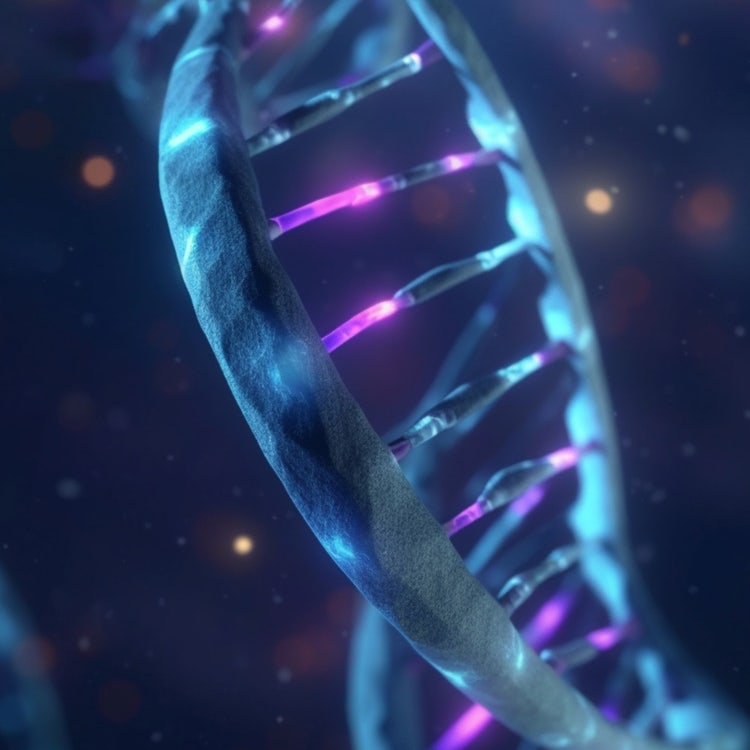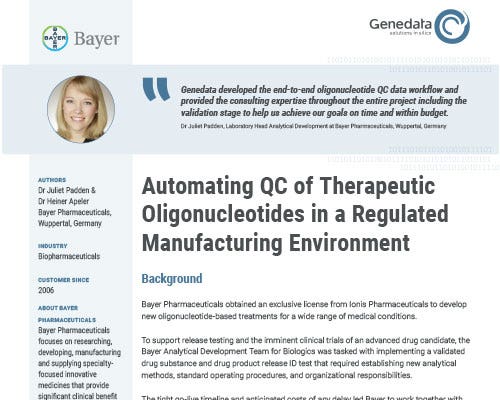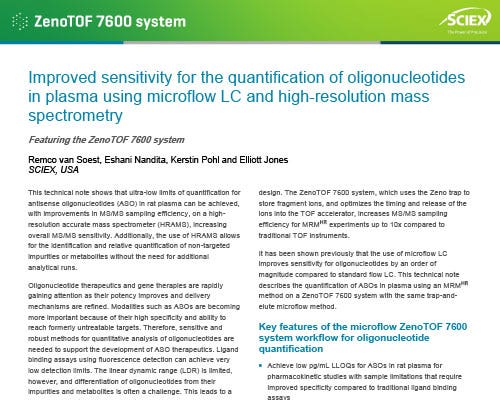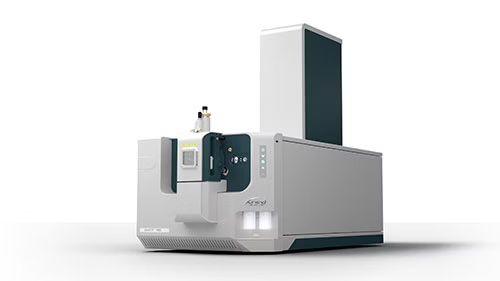Antisense Oligonucleotide Development and Manufacturing

Antisense Oligonucleotide Development and Manufacturing
Why It Matters
Antisense oligonucleotides (ASOs) are breakthrough therapies for treating genetic diseases that fail to respond to traditional pharmaceutical intervention.
Consistency in process steps and reagent quality control is mandated in ASO development and manufacturing. Deviations in either present significant challenges, from developing validated analytical methods to scaling operations.
Our Danaher Life Sciences companies support ASO development and manufacturing solutions with its comprehensive platform of best-in-class science and technology companies. We recognize the necessity for capacity and aim to address this with our extensive instrument, software and services portfolio.
Customer Success Story
Automating QC of Therapeutic Oligonucleotides in a Regulated Manufacturing Environment
To ensure safety and efficacy of the new oligonucleotide drug substances, an ID test based on LC-UV-MS was translated from Ionis’ standard operating procedure (SOP) into Bayer’s quality management system (QMS) and implemented in a new analytical environment. This required sourcing an analytical software that allows such highly customized implementation, while also supporting the chosen instrumentation and ensuring interoperability of existing data formats.
The Process
One lab, three paths to faster antisense oligonucleotide outcomes
Resources
Method validation and references

Genedata
Automating QC of Therapeutic Oligonucleotides in a Regulated Manufacturing Environment
Case Study

SCIEX
Improved sensitivity for the quantification of oligonucleotides in plasma using microflow LC and high-resolution mass spectrometry
Technical Article
Product Spotlight
SCIEX ZenoTOF 7600 System
A high-resolution mass spectrometry solution that combines powerful MS/MS sensitivity, fragmentation technology and a step-change in data independent acquisition

FAQs
What are the different types of antisense oligonucleotides?
Antisense oligonucleotides come in various types, including:
- RNase H-dependent oligonucleotides: These induce mRNA degradation by interacting with the target mRNA and activating the cellular enzyme RNase H, leading to mRNA cleavage.
- Steric-blocker oligonucleotides: These physically hinder or inhibit processes such as mRNA splicing or translation by preventing the progress of the cellular machinery.
- Exon-skipping oligonucleotides: These are designed to skip specific exons during mRNA processing, influencing the splicing mechanism to produce a modified mRNA.
- Splice-switching oligonucleotides: These are synthetic antisense nucleic acids that disrupt normal splicing patterns in pre-mRNA by interfering with essential RNA–RNA or protein–RNA interactions in the splicing machinery.
- Therapeutic oligonucleotides: These are designed to specifically target disease-associated genes or gene products. Upon mRNA binding, these trigger distinct antisense mechanisms, either promoting targeted mRNA degradation or, alternatively, relying on occupancy without inducing RNA degradation.
What is antisense oligonucleotide technology, and why is it important?
Antisense oligonucleotide (ASO) technology is a targeted method for suppressing gene expression by interacting with cellular RNAs. ASO technology provides a targeted approach to downregulate specific genes through various mechanisms, offering versatile applications in both therapeutics and gene function studies. ASO technology shows great promise in genetic therapies, personalized medicine, oncology, and for their potential in the development of antibacterial drugs.
What is an ASO molecule, and how does it contribute to drug development?
An ASO molecule is made up of a synthetic, single-stranded deoxyribonucleotide that complements the mRNA target.
ASOs contribute to drug development by providing a targeted and versatile approach to modulating gene expression. ASOs are designed to bind to specific RNA sequences through Watson–Crick base pairing, allowing them to selectively interact with target genes. This precision makes them valuable in understanding disease mechanisms and developing therapeutic interventions.
What are the challenges in the development and manufacturing of antisense oligonucleotides?
The development and manufacturing of antisense oligonucleotides (ASOs) face significant challenges, particularly in terms of sustainability and environmental impact. Current oligonucleotide production relies on legacy technologies that employ large quantities of hazardous reagents, solvents and energy-intensive processes during synthesis, purification and isolation. Collaboration between academia, pharmaceutical companies, and contract manufacturing organizations is essential to tackle these challenges, improve sustainability, and develop environmentally friendly processes for oligonucleotide manufacturing.
